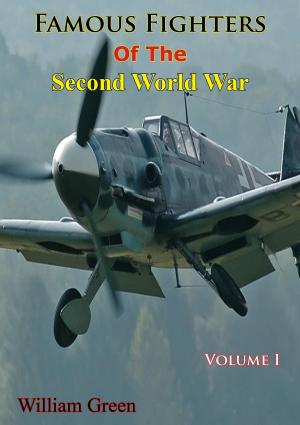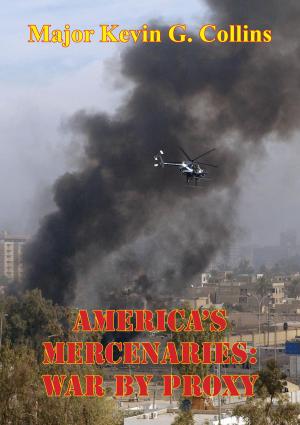British Artillery During Operation Corporate
Nonfiction, History, Middle East, Persian Gulf War, Military| Author: | Major Chris D Landry USMC | ISBN: | 9781782896692 |
| Publisher: | Tannenberg Publishing | Publication: | August 15, 2014 |
| Imprint: | Tannenberg Publishing | Language: | English |
| Author: | Major Chris D Landry USMC |
| ISBN: | 9781782896692 |
| Publisher: | Tannenberg Publishing |
| Publication: | August 15, 2014 |
| Imprint: | Tannenberg Publishing |
| Language: | English |
British artillery played a major role in the land campaign to retake the Falklands from the Argentineans. The study of the Falklands Campaign provides an outstanding opportunity to analyze modern artillery in limited warfare.
Faced with numerous challenges, both operationally and logistically, the professionalism and dedication of the British artillerymen proved extremely important to the success of the overall operation. Leaders employed the 105mm light guns in manners that utilized its strengths to deliver effects on the enemy and offer freedom of movement for friendly maneuver units. Specifically, during the assault towards Stanley, the British were able mass its artillery in a manner that overwhelmed the enemy. To accomplish this, the British overcame many operational and logistical challenges to ensure that artillery was positioned to support the fight and that it had on hand sufficient ammunition to complete the mission. More importantly, when called to fire, the artillery batteries were ready, willing, and able. Their fires proved critical in allowing the infantry units to close on the enemy...In the end, the final lesson, as spoken by the Commander of 3 Commando Brigade, Brigadier Thompson, was that artillery was the most important battle-winning factor.
In the conduct of the campaign, British artillery usage provides three main lessons important to the U.S. Marine Corps Artillery community. First, it validated the need to have a lightweight gun in the inventory in order to support operations in areas of limited mobility. Second, the British practice of positioning the most senior artillerymen with the maneuver units proved to be an effective method of providing advice to the commander, conducting fire support planning, and making hasty adjusting to execution of plans. Finally, the campaign revealed the need to train artillerymen in realistic conditions in order to prepare them for the impact of combat operations.
British artillery played a major role in the land campaign to retake the Falklands from the Argentineans. The study of the Falklands Campaign provides an outstanding opportunity to analyze modern artillery in limited warfare.
Faced with numerous challenges, both operationally and logistically, the professionalism and dedication of the British artillerymen proved extremely important to the success of the overall operation. Leaders employed the 105mm light guns in manners that utilized its strengths to deliver effects on the enemy and offer freedom of movement for friendly maneuver units. Specifically, during the assault towards Stanley, the British were able mass its artillery in a manner that overwhelmed the enemy. To accomplish this, the British overcame many operational and logistical challenges to ensure that artillery was positioned to support the fight and that it had on hand sufficient ammunition to complete the mission. More importantly, when called to fire, the artillery batteries were ready, willing, and able. Their fires proved critical in allowing the infantry units to close on the enemy...In the end, the final lesson, as spoken by the Commander of 3 Commando Brigade, Brigadier Thompson, was that artillery was the most important battle-winning factor.
In the conduct of the campaign, British artillery usage provides three main lessons important to the U.S. Marine Corps Artillery community. First, it validated the need to have a lightweight gun in the inventory in order to support operations in areas of limited mobility. Second, the British practice of positioning the most senior artillerymen with the maneuver units proved to be an effective method of providing advice to the commander, conducting fire support planning, and making hasty adjusting to execution of plans. Finally, the campaign revealed the need to train artillerymen in realistic conditions in order to prepare them for the impact of combat operations.

![Cover of the book Spitfire! The Experiences Of A Fighter Pilot [Illustrated Edition] by Major Chris D Landry USMC](https://www.kuoky.com/images/2015/november/300x300/9781786257529-H3d2_300x.jpg)




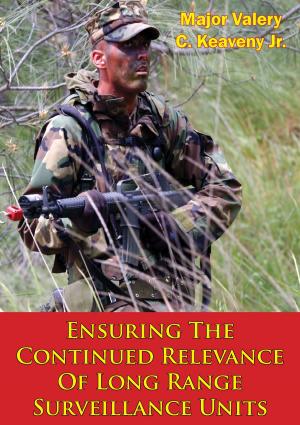
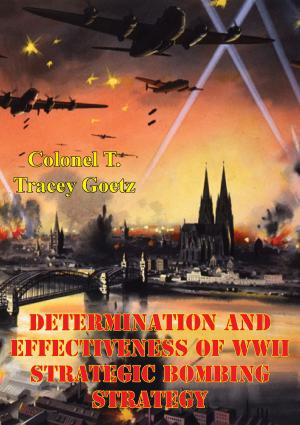
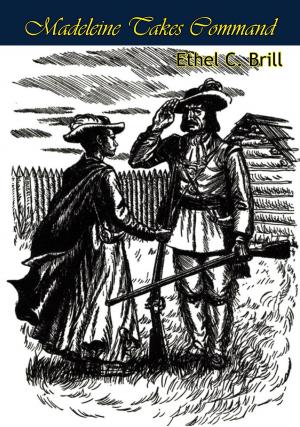
![Cover of the book D-Day 1944 - Air Power Over The Normandy Beaches And Beyond [Illustrated Edition] by Major Chris D Landry USMC](https://www.kuoky.com/images/2014/august/300x300/9781782898870-gH4f_300x.jpg)
